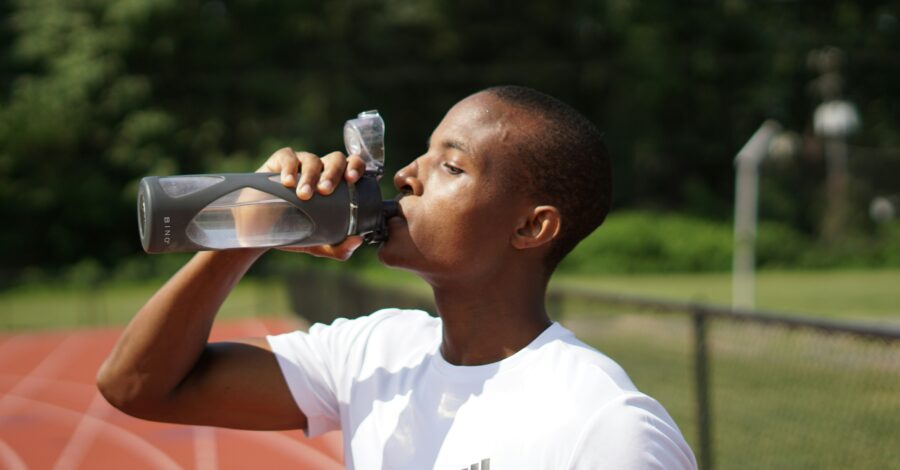
Water and Dehydration
Travel to the grocery store, gym, park, playground, or mall and you’ll see people everywhere carrying water bottles, many of which are filled with ice water. While it’s important to hydrate, many people go overboard. So, what does TCM believe?
Turning water into moisture and processing it as urine requires Qi. If you don’t have enough Qi to begin with, drinking excess water forces the body to dip into its savings account of stored Qi. This savings account is irreplaceable! In other words, by overly compensating, you’re giving Qi away.
You are born with the ability to intuitively know when you are thirsty or hungry. These are fundamental survival skills. Overdrinking goes against the body’s wisdom and discounts your body’s ability to regulate its functions.
But what about dehydration?
Ask yourself this: Are you drinking based on your body’s needs or an external message? Your genetic wisdom can tell you when you need a drink or if you’re dehydrated. Your body is so intelligent. If you listen, your body—not your mind—will automatically communicate with you.
Trust the wisdom of your body and listen to the messages it sends you. Instead of eating and drinking when society says you should—breakfast, lunch, and dinner—wait until your body says it’s hungry or thirsty. If you’re thirsty, drink! If you’re hungry, eat!
Processing Water
Water passes through and out of the body. It can exit through breath, perspiration, and urine, as well as bowel movements. But what happens to water when you drink? How does the body transform this water into urine? When you drink, water follows a natural path from the stomach to the small intestine and then to the large intestine. If it comes through the bowels, you experience diarrhea. Anatomically, none of these structures connect directly to the kidney and bladder. The body has to collect water and send it back to the kidney and bladder for processing, which requires Qi.
You may drink eight glasses of water, but do all eight glasses get excreted as urine? If the water you drink doesn’t exit the body, you must use extra Qi to help it along. How much energy do you waste to get this extra water out of your body every day? You are taking Qi that could be used for healing and diverting it to process extra water. It’s like leaving your car’s engine running all day long!
How Cold Affects the Digestive System
Ice water and cold foods are harsh on the body. They, too, require more Qi to warm up the foods and process them through the body. You can damage the digestive system by drinking too much ice water and eating too many raw or cold foods.
Many people reach for a cold drink while exercising. You accumulate a lot of internal heat when you exercise. Think of what happens when cold water hits something hot. If you introduce cold water into this internal heat, you can actually shut down your digestive system. After exercising, wait 20 minutes to cool down before drinking water.
In serious martial arts training, the master never allows his students to drink water during or after practice. Drinking anything at this time can impair and even destroy a healthy digestive system and Kidney function. Give the body a helping hand by drinking tea or room temperature water and cooking vegetables, even in warmer weather.
Excerpted in part from Digesting the Universe: A Revolutionary Framework for Healthy Metabolism Function
Keep Exploring and Growing!
Learn more about listening to the body’s internal cues. Join one of our upcoming events.
Read this blog post to discover more about the relationship between hot, cold, and the digestive system. Warm vs. Cold: What Your Body Craves









